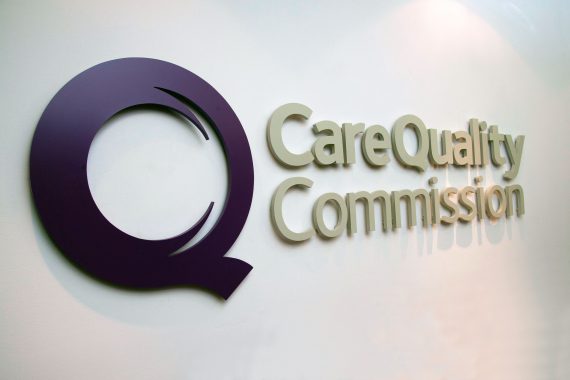Practice CQC ratings are not clearly linked to the variations in funding across practices, or underinvestment by the Government, the CQC has claimed.
The CQC’s State of Care in General Practice, 2014-2017 report on the first round of inspections of all practices in England highlights that 90% of practices were rated ‘good’ or ‘outstanding’ – as first revealed by Pulse.
The report says the CQC has ‘not found any causal relationship between the funding that practices receive from the NHS and our ratings’, adding it is ‘a complex area that may benefit from further work’.
In an interview with Pulse, CQC chief inspector Professor Steve Field reiterated that the regulator could not ‘draw strong correlations with the funding of practices and whether they’re “outstanding” or they’re “inadequate”’.
This was despite a BMA study of nearly 3,000 practices last year finding practices that received an ‘outstanding’ rating received on average 37% more per patient than those rated ‘inadequate’.
The report details the lessons CQC has learned about what makes a practice ‘outstanding’ or ‘inadequate’ from this first inspection round, and found:
- A poor rating can exacerbate recruitment problems, as it ‘limited practices from improving because of a perceived poor reputation’;
- More work is needed on understanding what impacts ratings, as there is little correlation between funding or geography and ratings;
- Patient safety ‘continues to be the poorest’ of the five inspection domains, with 33% of practices rated inadequate or needing improvement on first inspection;
- In the future, remote monitoring of practices will be much more important than annual inspection [as revealed by Pulse earlier this year].
Chief inspector Professor Steve Field told Pulse the report was ‘a really good news story for general practice’ and said he had told health secretary Jeremy Hunt this directly when handing him a copy on Tuesday.
He also said that the GP Forward View commitments were vital to address the ‘substantial’ workload increase, which the report says ‘has not been matched by growth in either funding or workforce’.
But when asked if the Government should shoulder some responsibility for underinvestment in general practice and creating the pressures that may impact a practice’s rating, he said: ‘I don’t think we can draw strong correlations.
‘The problem with “inadequate” practices is largely about lack of leadership, lack of vision. The main thing I would put my finger on is professional isolation.’
Dr Richard Vautrey, chair of the BMA’s GP Committee, said: ‘This report shows that general practice consistently receives the highest ratings for the quality, despite the unprecedented and growing pressures.
‘The CQC process itself remains overly bureaucratic and continues to result in GPs spending time filling in paperwork when they should be treating patients. In this climate, it is important that any GP practices deemed to be struggling are given the necessary support so that any issues can be addressed.’
The first wave of inspections cost £110m in total and got off to a rocky start.
Professor Field pledged that inspections wouldn’t be a ‘witch hunt‘ when the regime was announced in 2013, but then caused an immediate outcry when the launch press conference was dominated by one case of maggots found in a treatment room.
However, the practice involved disputed this, saying a small number of larvae were found in a back corridor and had come in from outside the building.

















